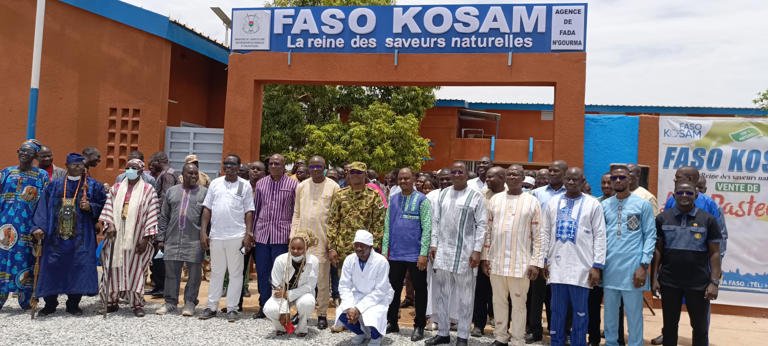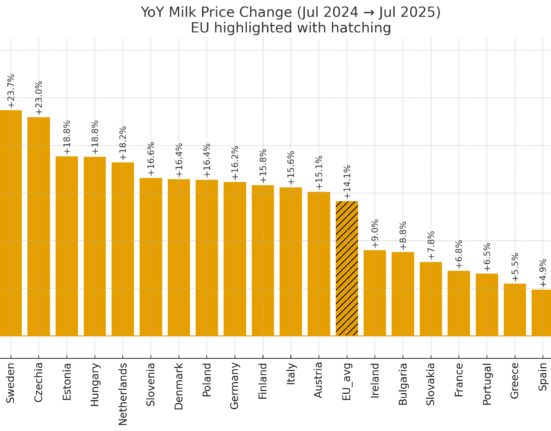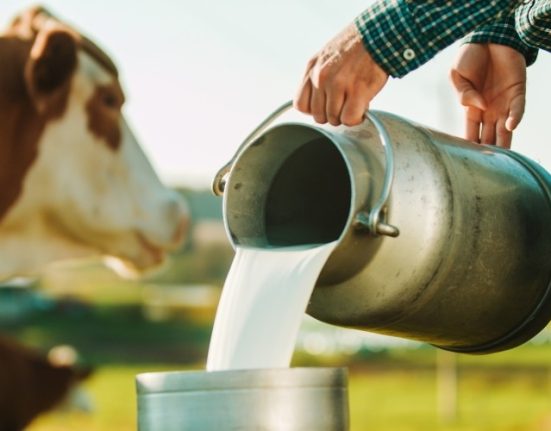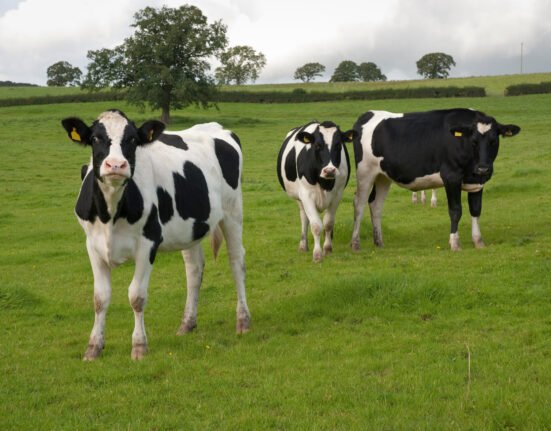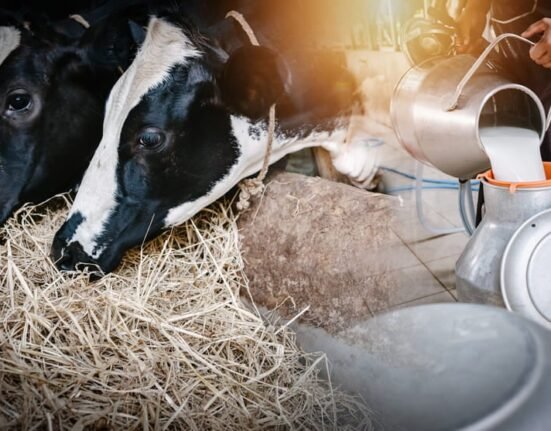Ouagadougou | May 2025 ā In a significant step toward reducing Burkina Faso’s heavy reliance on dairy imports, the state-owned enterprise Faso Kosam has opened its second milk processing facility in just two months, this time in Fada N’Gourma. With a capacity to process 6,000 litres of milk daily, the plant is designed to address the country’s long-standing challenge: converting local milk into value-added dairy products and reducing spoilage due to poor infrastructure.
This follows the March 27 opening of their first dairy facility in Ouagadougou, which has a smaller capacity of 500 litres per day. Together, these two units mark the beginning of an ambitious network of strategically placed milk collection and processing hubs across Burkina Faso’s dairy-producing regions.
Burkina Faso unveils 2nd Dairy processing Factory in less than 2 months, with a processing capacity of up to 6,000 litres of milk a day.
ā MK Party Stun (@XFactor079) May 28, 2025
š„ Why This Move Matters
According to a GIZ policy brief, only 2% of Burkina Faso’s milk production is currently processed, with the vast majority either consumed informally or wasted due to a lack of cold chain, feed supply, and collection infrastructure. With Burkina Faso spending nearly $50 million annually on imported milk powderāused mainly in urban dairy products like yoghurt and flavoured milkāthe new plants could change the game.
āThis is not just about milkāitās about food security, job creation, and economic sovereignty,ā a spokesperson from Faso Kosam emphasized.
š The Dairy Sector Snapshot: From Imports to Inclusion
- š Annual milk production: ~250 million litres
- š§“ Processed through formal channels: 2-4 million litres
- šø Annual import equivalent: ~70 million litres, mostly milk powder
- š§ Milk powder are used primarily in urban mini-dairies, especially during dry seasons
- š§ Traditional products (e.g., lait caillĆ©, gapal) rely solely on local milk
Faso Kosam’s expansion not only addresses underutilised milk but also enhances rural-urban milk flowāfrom pastoral herds to processing centres.
š A Strategic Opportunity for Burkina Faso
According to the GIZ brief, Burkina Faso’s urban demand for dairy products is growing at a rate of 4% annually, but local production is increasing only by 3%. Without strategic investments, the import gap will only widen. The new dairy plants aim to:
- š Boost local milk collection and usage
- š Increase domestic milk processing infrastructure
- š¾ Create year-round demand for milk even during dry seasons
- š©āš¾ Generate jobs in processing, logistics, and animal husbandry
Moreover, these plants are critical to supporting women and youth in the livestock and dairy value chainsākey targets of the country’s agricultural transformation agenda.
āļø Balancing Imports and Domestic Growth
The GIZ policy brief acknowledges that milk powder will continue to play a significant role, particularly in meeting urban dairy needs during off-seasons. But expanding local capacity through projects like Faso Kosam helps reduce dependency, while also enabling:
- š Better control of milk quality and safety
- š„ Development of new value-added products like yoghurt, cheese, and butter
- š Potential for regional exports to West African markets
š A Model for Other West African Nations?
Faso Kosam’s model may serve as a blueprint for other Sahel nations facing similar dairy challengesālow milk yield, high wastage, rising demand, and import reliance.
āFaso Kosam is not just processing milk. Itās processing hope into opportunity,ā said a dairy development expert with ties to the ECOWAS dairy platform.
ā Conclusion: From Import Dependency to Dairy Empowerment
The rapid expansion of Faso Kosam’s milk processing capabilities represents a turning point for Burkina Faso’s dairy future. While challenges remaināparticularly feed availability and logisticsāthe movement toward localised, formalised, and value-driven milk processing is unmistakable.
This is excellent news not only for dairy farmers and rural communities but also for Burkina Faso’s economic resilience and food security sovereignty.

